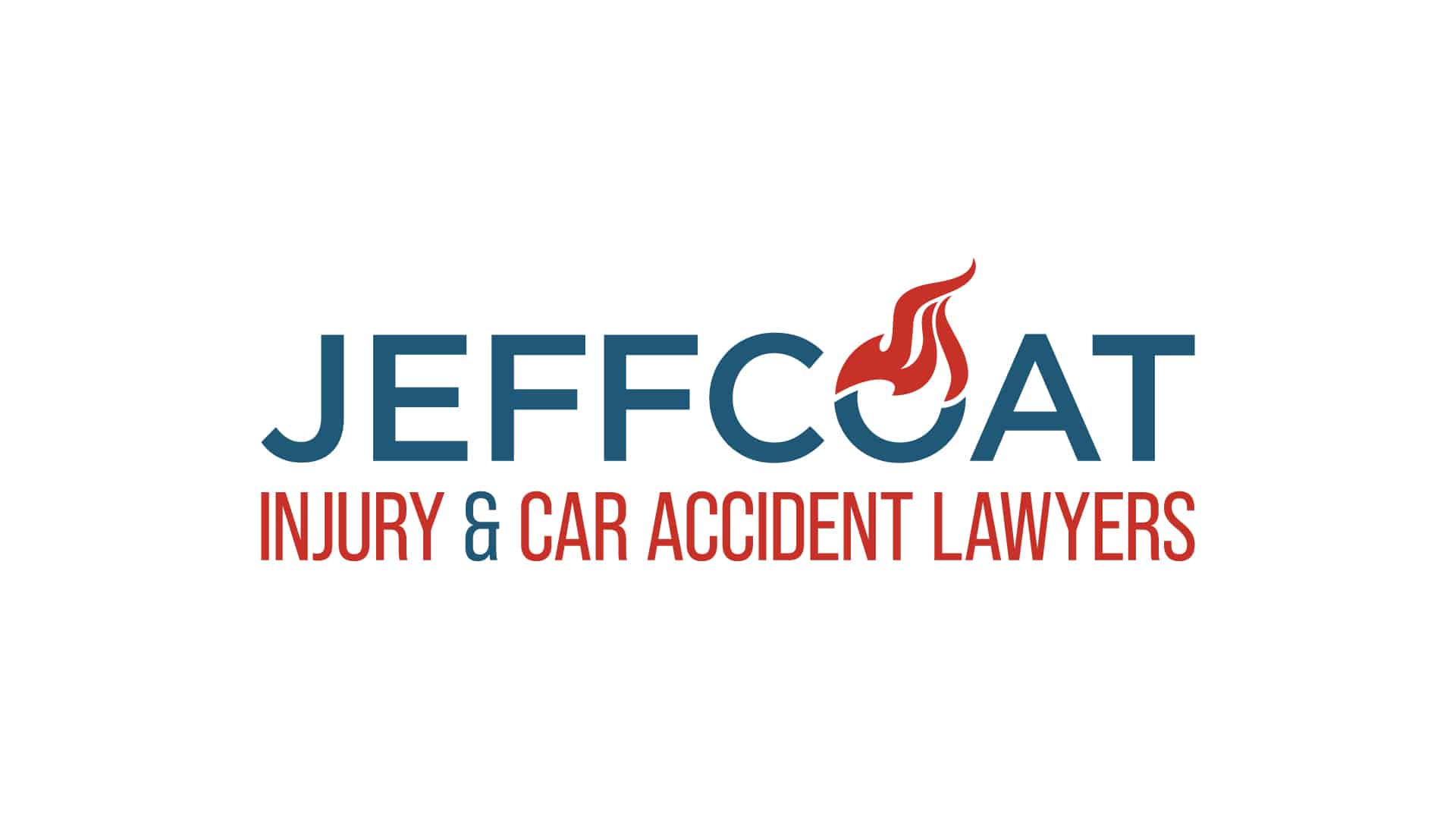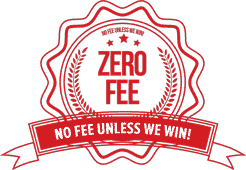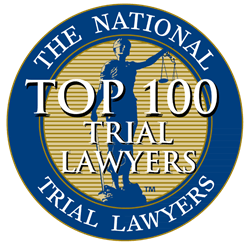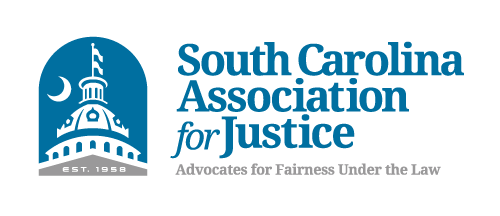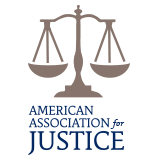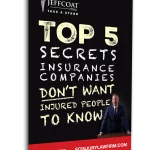Fall injuries are the leading cause of emergency room visits in the United States. Over eight million of these victims go to the ER each year.
These individuals often sustain severe physical and emotional injuries. The physical injuries, such as broken bones, usually heal, at least to a large extent. The emotional wounds sometimes never heal. For example, many older victims are so afraid of a repeat fall that they become prisoners in their own homes.
Due to the nature of these injuries, a Columbia slip and fall lawyer can often obtain substantial compensation for victims. This compensation usually includes money for economic losses, such as medical bills, and noneconomic losses, such as pain and suffering.
Legal Duty
Technical responsibility is always the foundation of a successful negligence claim. South Carolina law determines landowner duty according to the relationship between the landowner and victim. There are three categories:
- Invitees,
- Licensees, and
Most fall victims are invitees. These individuals have permission to be on the land and benefit the owner. Examples include shoppers, hospital patients, and social guests. Since the relationship is so close, the duty of care is high. Landowners have a duty of reasonable care in these situations.
Licensees are people like guests of hotel guests. The victim has permission to visit, but there is no benefit to the owner. Because the relationship is more distant, the duty is not as high. Generally, owners must only warn licensees about latent (hidden) defects.
A few victims are trespassers, because they have no permission to be on the land and there is no benefit. There is usually no duty in these situations. Stories of injured burglars who successfully sued homeowners are largely urban myths.
Actual Knowledge
Victim/plaintiffs must establish knowledge of the wet spot or other fall hazards by a preponderance of the evidence (more likely than not). This evidence can be direct or circumstantial.
Direct evidence of actual knowledge could be a safety inspection report or a “cleanup on aisle nine” announcement. Circumstantial evidence of constructive knowledge (should have known) usually involves the time-notice rule. If the hazard existed for more than a few minutes, an employee should have known about it and should have remedied the situation.
Fall victims are often entitled to substantial compensation. For a free consultation with an experienced personal injury attorney in Columbia, contact the Jeffcoat Injury and Car Accident Lawyers. You have a limited amount of time to act.
